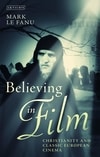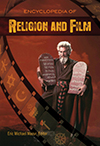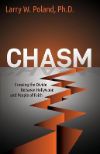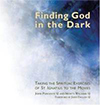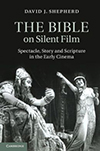- Author(s): Justin Garrison
- When: 2013-08
- Where: Humanitas'
It might be tempting simply to dismiss the characters of Fight Club, with their self-absorbed and destructive attitudes, as metaphysical brats. A certain degree of childishness seems to be a common element in metaphysical rebellion. In The Rebel, Camus writes, “Our most effective terrorists, whether they are armed with bombs or with poetry, hardly escape from infancy.”65 At the same time, a more sympathetic reading of the novel could conclude that the main characters, despite their flaws, gave very bad answers to very good questions. If the characters of Fight Club provide the wrong answers to the right questions about life, then the right answers need to be given because the questions remain as important as they have ever been. True vision is the only antidote to sham vision. Works of art that capture the imagination and account more completely for life—including the ethical life—are desperately needed. Without being didactic, true works of art can provide real answers to the legitimate questions about existence raised by Tyler, the narrator, and others. Readers drawn to these characters and this novel would then have available to them captivating images and concrete insights into how they may overcome the “spiritual depression” of their lives without resorting to metaphysical rebellion.

